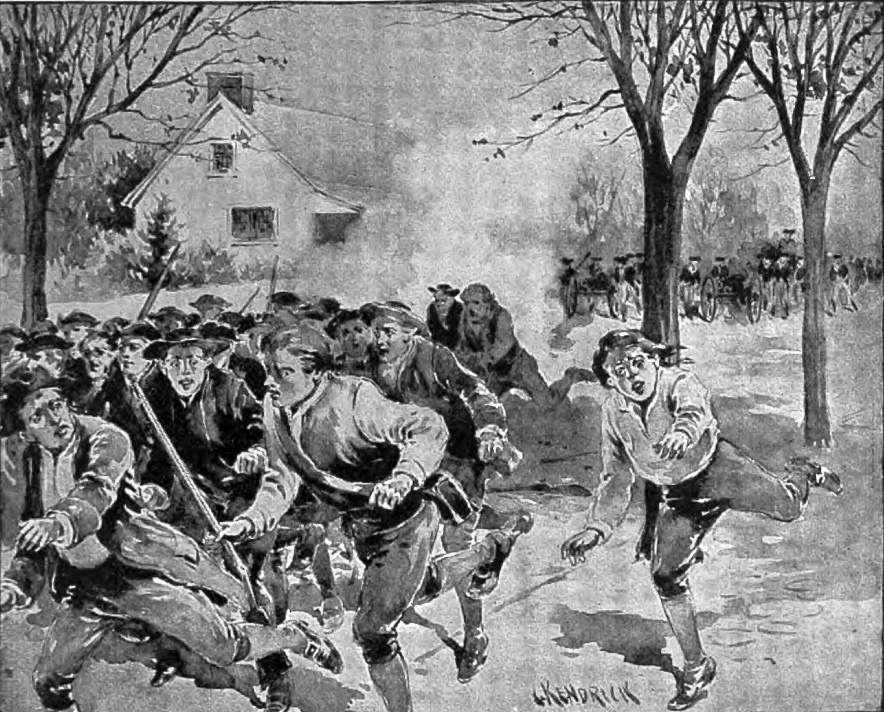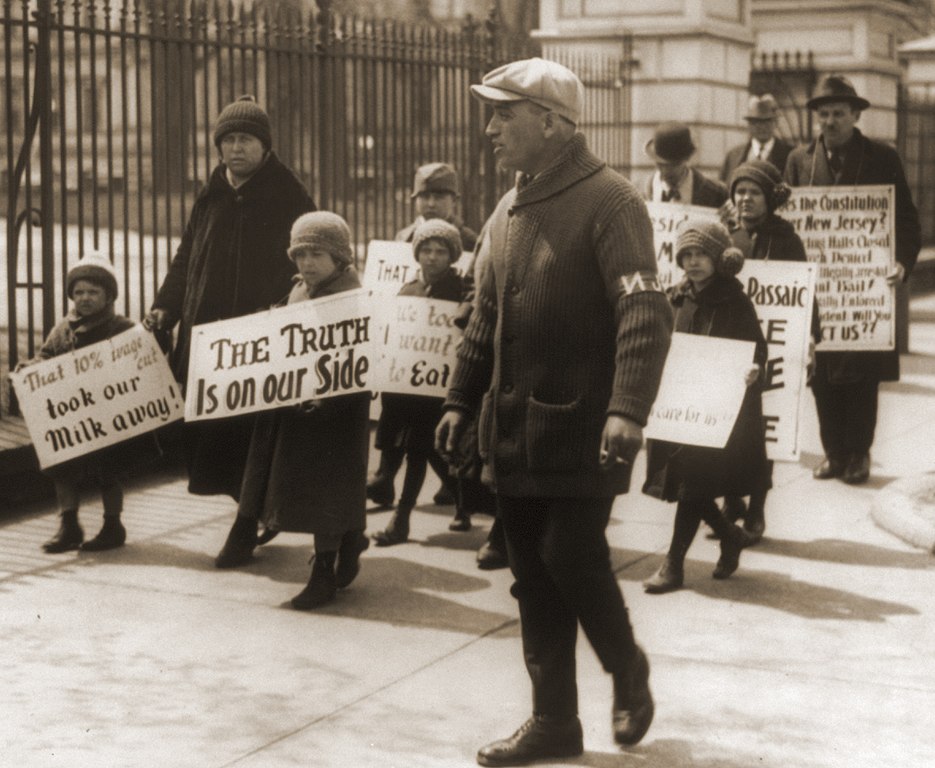1700s-1800s

Today in Labor History January 25, 1787: Daniel Shays and 800 followers marched to Springfield, Massachusetts to seize the Federal arsenal during Shays’ Rebellion. The Massachusetts State militia ultimately defeated them. They were trying to end the imprisonment of farmers for debts, confiscation of their lands and other attempts by the wealthy to make the poor pay for the Revolutionary War. The authorities convicted and hanged many of Shays’ followers for treason. Shays, himself, fled to Vermont. He eventually won a pardon. The U.S. Constitution, written in the wake of Shays’ rebellion, was designed in part to prevent other similar uprisings by the common people against slave owners, bankers, landlords and businessmen.

Today in Labor History January 25, 1890: Nellie Bly completed her round-the-world journey in 72 days. She successfully beat the fictional record by Phileas Fogg, in the Jules Verne novel. Bly was an American journalist, industrialist, inventor and charity worker. However, she also pioneered investigative journalism. In one of her most celebrated pieces, she went undercover to report on abuse and neglect at the Women’s Lunatic Asylum on Blackwell’s Island.
1910s-1920s
Today in Labor History January 25, 1915: The Supreme Court upheld “yellow dog” contracts, which forbid membership in labor unions. The United Mine Workers Journal wrote, in 1921: “This agreement has been well named… It reduces to the level of a yellow dog any man that signs it, for he signs away every right he possesses under the Constitution and laws of the land and makes himself the truckling, helpless slave of the employer.” Yellow dog contracts remained valid until the Norris-LaGuardia Act of 1932.

Today in Labor History January 25, 1926: 16,000 textile workers went on strike in Passaic, N.J. The United Front Committee of the Workers (Communist) Party launched the strike. It was the first Communist-led strike in the U.S. At the time, men earned less than $1,200 per year in Passaic mills, while women were lucky to earn $1,000. Yet it cost $1,400 per year to live there at the time.
The IWW had attempted to organize the mills in 1912. Most of the workers were immigrants from Eastern and Southern Europe. The United Front appealed to the American Federation of Labor for help. However, the AF of L refused, saying they’d have nothing to do with Communists. Elizabeth Gurley Flynn and Mary Heaton Vorse both helped support the strikers. In August, 1926, the United Front relinquished control of the strike to the AFL-affiliated United Textile Workers, who eventually settled with the mill owners on March 1, 1927.
1940s
Today in Labor History January 25, 1946: The United Mine Workers rejoined the American Federation of Labor.
2000s

Today in Labor History January 25, 2003: Fifty activists left London for Baghdad to serve as human shields. They intended to stop the U.S.-led coalition troops from bombing civilians. Kenneth O’Keefe, an ex-U.S. marine and Persian Gulf War veteran led the action. They called it the TJP (Truth Justice Peace) Human Shield Action to Iraq. He believed that thousands of human shields would make the invasion politically impossible. However, Saddam Hussein deported him several days before the invasion. And they never came close to attracting thousands of volunteers. At best, no more than 500 human shields made it to Iraq before the March invasion. None of the human shields died in the war. And the coalition forces did not destroy any of the sites where they were staying.

Today in Labor History January 25, 2011: The first wave of the Egyptian revolution began. There were street demonstrations, rallies, acts of civil disobedience, riots, labor strikes and violent clashes. Millions of people participated. 846 people died at the hands of security forces. Thousands were injured. Protesters burned down over 90 police stations in retaliation. In February, Hosni Mubarak resigned. A military junta took over. Mohamed Morsi, of the Muslim Brotherhood, gained control after this through popular elections. However, mass protests erupted over his attempts to impose Islamic law. In July, 2013, the military launched another coup, led by General El-Sisi, who remains in power today.
Today in Labor History January 25, 2013: At least 60 people died and 120 were injured in a prison riot in Barquisimeto, Venezuela.